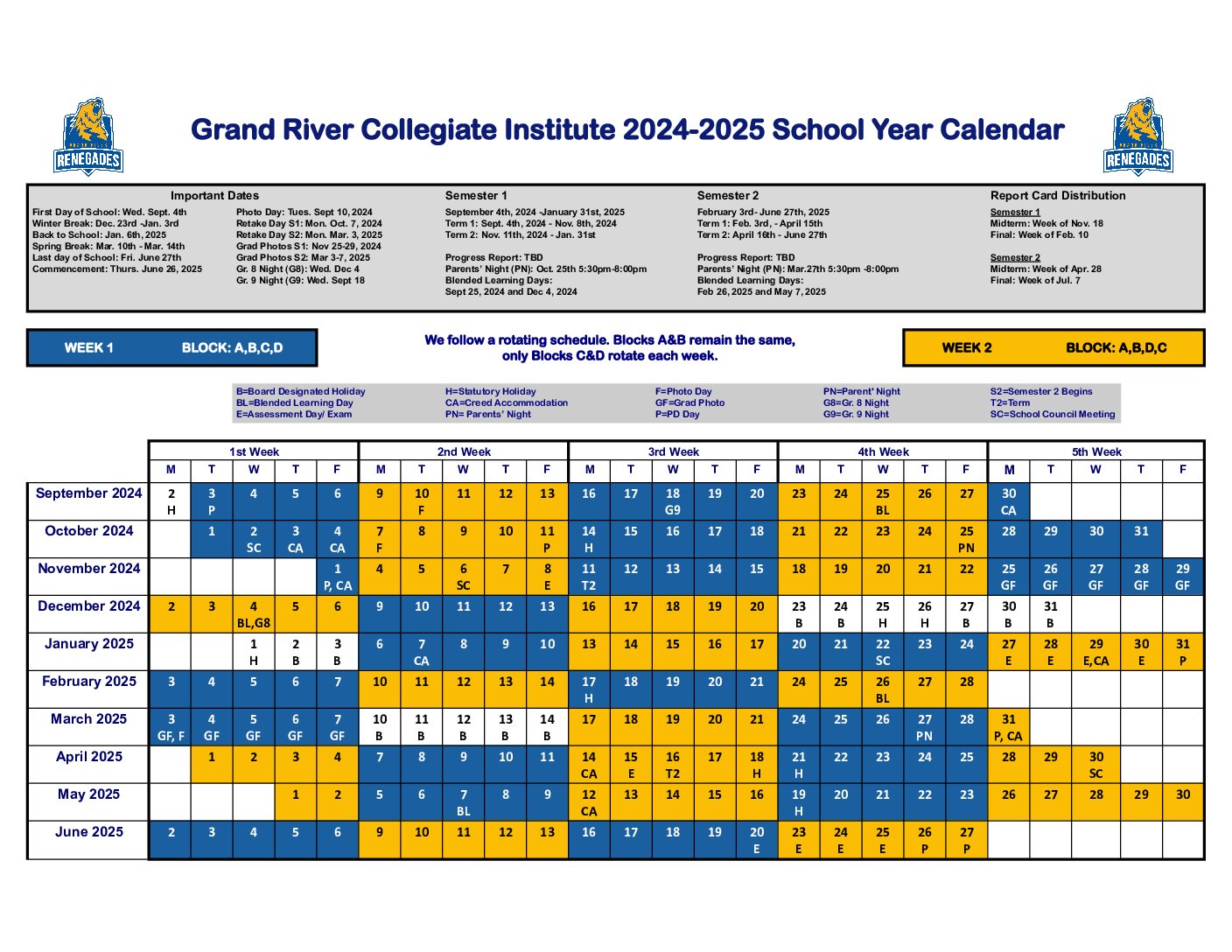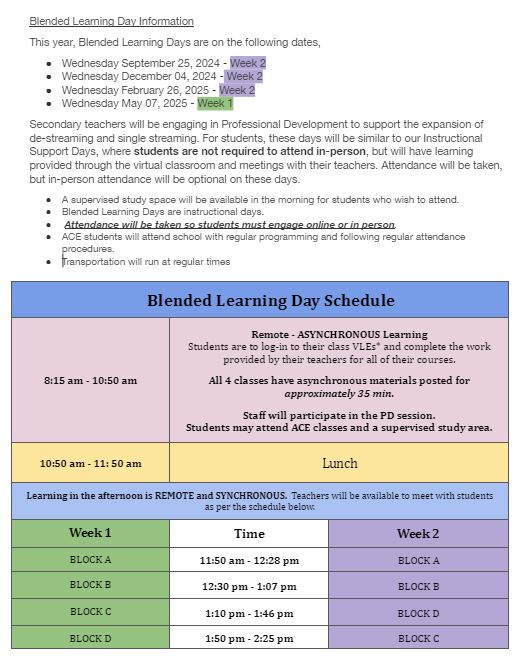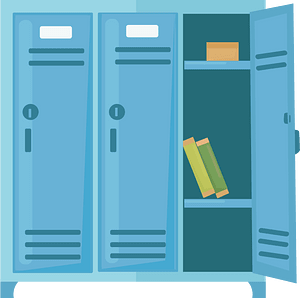| Teacher: | Jim Penner | Class Website |
| EA’s: | Darlene Crawley Lesley Ringwald |
|
| Consultant: | Tawnya Callaghan |
Life Skills Programs
- Are provided at the intermediate/senior level
- Service intellectually exceptional students who require the development of fundamental living skills that lead to employability
- Focus on primary academic skills for students at the grade 7/8 level
- Focus on primary/junior academic skills for students at the secondary level
- Provide intensive support regarding social/emotional needs
- Have a ratio of 12-16 students per class
(WRDSB, Special Education Plan, May 2005 9 – B – 4)
These parameters lay the groundwork for the Life Skills Program here at Grand River. Our goal is to educate, equip and empower our students to live full and productive lives during and after high school; contributing as best they can tocreate a civil and just society.
Frequently Asked Questions (FAQ)
1. What do students in Life Skills study?
There are five program areas in Life Skills:
- Personal Life Management (PLM)
The emphasis in PLM is to provide students with the individual skills needed to live independently or semi-independently including: health, physical education, cooking, household set-up and cleaning, budgeting and finance. - Community Access and Awareness
Students use several types of transportation as they explore the City of Kitchener nd the Region of Waterloo. Students learn key bus routes as well as visit key landmarks and points of interest such as government offices, recreation facilities, shopping centres, community centres, businesses, and health services. Students are introduced to the Canadian legal system including learning their rights and responsibilities. - Practical Math
Through regular class instruction in groups of like-abled students basic math functions, measurement, money, data management and patterning students learn the essentials of time management, finances and budgeting. Our approach to math is cross-curricular. While we have daily instruction time mathematical concepts are infused into all parts of the curriculum. - Practical Language
At its most basic this involves learning to fill out the endless stream of documents and forms that flood our daily lives and learning to read and recognize signs for safety, direction and information. Learning to read and write for information, directions and pleasure gives the program a broader base from which students can enter the workforce and independent life. - Vocational Training and Preparation
The Work Experience Program is central to preparing students for life after high school. Students begin working in the classroom learning the principles of team-work, customer service and business principals. During their 16th year students are considered for out-of -school work placements. In preparation students prepare resumes and practice interview skills.Workplace safety is always the first topic covered each year and is stressed throughout the year. Students will explore both work placements as well as volunteer opportunities in order to expose them to a variety of ways to contribute to society in a meaningful way.
2. Do students in Life Skills have Phys. Ed. like in public school.
The short answer is no. The longer answer is that while Phys. Ed. is a regular part of our program the goal is not to provide a daily physical activity time. Rather we are striving to expose the class to a variety of recreational activities, encouraging the students to choose an intramural sport or sports that they would like to participate in or on a school team or outside of school. Our intention is to give students the opportunity to find a sport they enjoy, allow them to learn and hopefully continue to be physically active during their school years and after they leave school.
3. Can my child earn high school credits?
Life Skills is a non-credit program. Students will not earn high school credits or a high school diploma. Occasionally students will audit other classes for enrichment purposes if it does not conflict with their Life Skills program. Auditing implies that students are not required to do assignments. If they choose to do assignments they are not officially graded although the teacher may assign a grade to the work based on effort. Placement in classes outside of the Life Skills classroom is only possible if there is available space in the classroom and the teacher in that class is agreeable. They are under no mandate to accept auditing students in their classroom.
4. When do students start Work Experience?
Work experience begins the first day of school. Our classroom environment is set up as a job-site. Students begin with a bank book and we approach school as a job. There are credits for productive behaviours and debits for unproductive behaviour. We do several group projects within our classroom and fundraising throughout the year, and approach each of these tasks as a business enterprise, factoring in costs, labour, marketing and sales. During a student’s 16th year he or she is considered for a work placement outside of school.
5. Are students paid for Work Experience placements?
No, students are not paid for work experience placements. The employers we work with are opening their job sites for our students to learn on-the-job skills and gain experience in the workplace. The employers generously give of their time providing a safe and harassment -free setting where our students can learn and grow. This is similar to many other programs where students do practicum placements without remuneration, including teachers, nurses, paramedics, etc.. After they graduate some of our students do obtain full-time employment with one of the employers they worked for during a placement.
6. Do you help students find summer jobs?
In the past there was a federally funded program that reimbursed employers who hired exceptional students like those in our Life Skills programs. In the summer of 2007 this program was severely curtailed. Outside of government programs that assist employers to hire exceptional students, our students must compete on the same footing as other high school students looking for work. This makes their work experience important as it builds their resume with employable skills. In May and June, after resumes are updated, we visit employment service centres where students can find out about job availability and apply for jobs, after that it is up to the students and their parents.
7. When do students leave the program?
In Ontario students must stay in school until they are 18. Students may stay in the Life Skills program until June of the year they turn 21. While most students will stay until 21, on occasion the student, parents and teacher will discuss and decide upon an alternative and more appropriate transition time. When students graduate they are issued a “Certificate of Accomplishment.”






